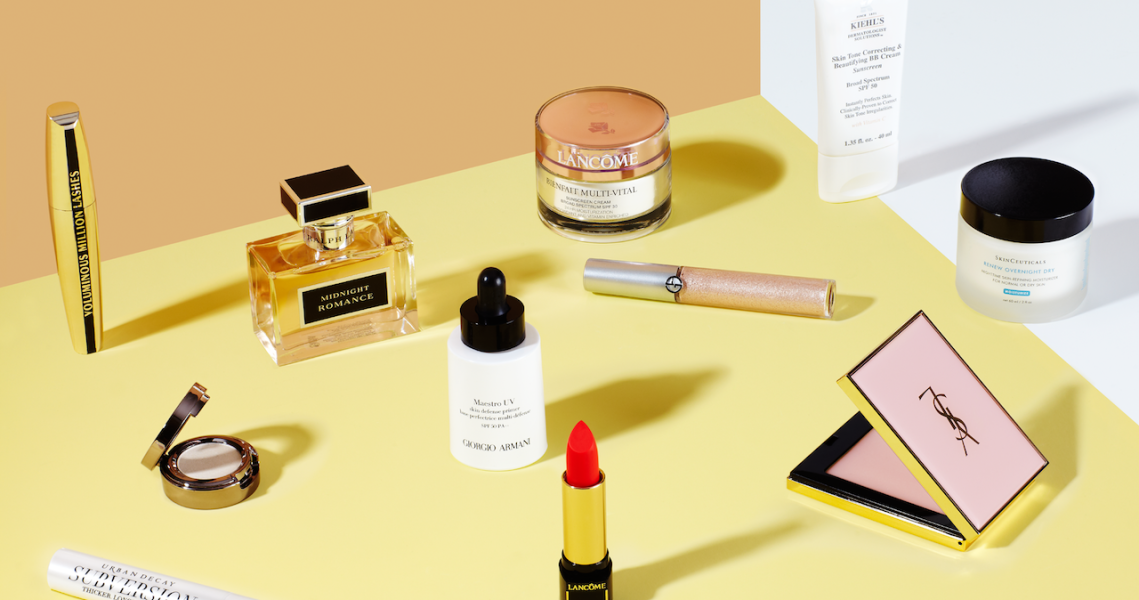This article is part of the Future of Work briefing, a weekly email with stories, interviews, trends and links about how work, workplaces and workforces are changing. Sign up here.
With no end in sight for the coronavirus pandemic, companies are starting to rethink virtual events to include more networking and recruiting opportunities. Instead of simply logging on to watch a panel via Zoom, some companies are looking for ways to encourage attendees to use virtual events for networking as well as to source potential new hires.
While tweaking an event to include networking and recruiting opportunities has yet to become standard, industry analysts say that it will likely become more popular to do so as more companies search for new hires in the coming months.
This past June, for example, L’Oréal had to pivot its annual student competition, Brandstorm, to be held virtually. For the previous 28 years of the competition, finalists of Brandstorm have presented their pitches in person to members of the company’s top brass in Paris. This year, the company had finalists present via a livestream on LinkedIn where students from across the globe could get to know each other in the comment section.
The event is part of the beauty behemoth’s recruitment strategy — hundreds of L’Oréal employees have been recruited from Brandstorm, according to Natalia Nogoera, global CMO of talent acquisition for L’Oréal — so finding a way to continue with the competition was an imperative. Since June, L’Oréal has started recruitment conversations around the globe with approximately 150 of the 171 finalists.
“[The event] is one of our [top] sources for hiring early career professionals,” said Nogoera. “Every year we have a new season of Brandstorm, a new competition and evolve it based on what students want to work on. Every year, we recruit hundreds and hundreds of people who participated in Brandstorm. It’s a great sourcing channel for us.”
L’Oréal invited roughly 48,000 students in 65 countries to compete this year in the virtual Brandstorm competition. For the 171 finalists, L’Oréal took a “TV show” livestream approach, per Nogoera, with finalists presenting their pitches for this year’s competition one after another over the course of two hours. The competition was focused on sustainability and invited students to imagine the plastic-less future of the beauty industry.
While the livestream aired on multiple social media platforms, L’Oréal focused its efforts on LinkedIn. There the company found that of the 2,300 attendees invited 2,000 tuned in and roughly 500 watched the entirety of the event.
“We’re able to target and focus on quality over quantity,” said Nogoera of LinkedIn, adding that the company is looking at using the platform for career fairs and leadership content in the future. “Rather than reach students all over the world, we want to reach the ones who are relevant for our business.”
After seeing companies like L’Oréal use the platform to pivot in-person events to virtual livestreams, LinkedIn has started to bolster its live events strategy. Earlier this month, LinkedIn announced new tools like promoting events via sponsored content as well as the ability to retarget event attendees via the platform’s ads manager.
“LinkedIn is about creating professional communities; events are about creating professional communities,” said Rishi Jobanputra, senior director of project management for LinkedIn. “The way we’re thinking about it is essentially we’re trying to be not just another livestream but to facilitate networking and conversation.”
Virtual recruiting events and competitions like L’Oréal’s Brandstorm aren’t yet common amid the pandemic, but analysts expect they will.
“If companies want to stay current and competitive, they need to be hosting virtual recruiting events,” said Amanda Mulay, director of talent at Lerer Hippeau, an early-stage venture capital firm, adding that she has seen “many of our companies in-person recruiting events [shift] to virtual.”
However, the rise of virtual recruiting events like Brandstorm could be “industry-specific” for the foreseeable future as “the need to hire remains quite low for most brands,” said Rebekah Kondrat, founder and principal of Kondrat Retail.
Kondrat continued: “In the beauty realm where personal image and poise are critical qualities for hires to possess, it will likely accelerate much faster. I could see this trend taking off in apparel once that sector starts to ramp up hiring as well.”




